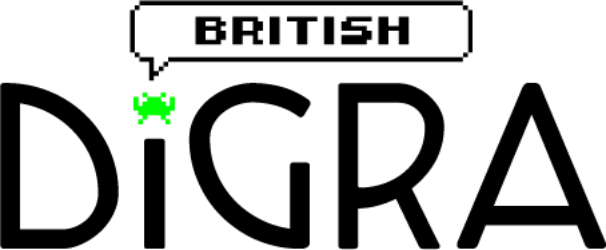A one-day conference hosted by the Digital Culture Research Network, and supported by the Midlands3Cities DTP (M3C) Cohort Development Fund
Date: Friday 20th April 2018
Venue: University of Nottingham
Abstract Submission Deadline: Friday 9th February 2018
‘Digital⇌Culture 2018’ explores the varied links between digital and cultural processes. Digital tools such as social media, mobile devices, video games, data analysis infrastructures, and networked technologies increasingly permeate our everyday lives. As a result, the production and expression of ‘meanings’ or ‘values’ – like the experience and performance of identity, gender, embodied lived experience, political activism, linguistic engagement, knowledge and power relations – are increasingly co-constituted by digital platforms.
This one-day conference, which includes keynote speeches from Prof. Tim Jordan (University of Sussex, UK) and Dr. Katrin Tiidenberg (Aarhus University, Denmark), aims to bring together researchers from a wide array of disciplines with an interest in digital culture. Visit https://digitalculture2018.wordpress.com/
for more information and updates.
Submission
We invite proposals from diverse disciplinary backgrounds to present theoretical and empirical research in response, but not limited, to the following topics:
– How can we meaningfully study the relationship between digital platforms and the activities they enable?
– What is the relationship between features of digital platforms and the communicative acts they mediate?
– How can we understand the value landscape of digital entertainment?
– How do features of digital platforms become re-appropriated as resources for the construction and performance of identity, and to what extent does this in turn shape perceptions of the platform?
– How do digital platforms participate in knowledge-creation and the establishment of dominant discourses?
– How do digital platforms affect the aesthetic and artistic practices of mediation?
To encourage proposals from doctoral students, we are awarding six joint-travel/accommodation grants to successful proposals. Further details below. There will be no fee charged for presenting at, or attending, this conference.
Submissions should follow the below format and be submitted to digitalculture2018@gmail.com by 23:00 GMT on Friday 9th February 2018.
Paper Title
Speaker Name
Speaker Contact Email
Abstract (Up to 250 words outlining the paper’s main arguments, methods, and relevance to the conference theme)
Speaker Biography (Up to 100 words)
Keywords (3 terms relevant to the paper)
Funding
We are pleased to offer six joint-travel/accommodation grants, each of which includes one night’s accommodation at the University of Nottingham (arranged by the organising committee) and up to £50 travel expenses.
The grant is open to all doctoral applicants, but at least three of the grants are reserved for non-M3C-funded applicants based at the DTP’s six institutions (Uni. Of Nottingham; Nottingham Trent; Birmingham City; Uni. of Birmingham; De Montfort; Uni. of Leicester). Those currently funded by M3C are not eligible to apply for this grant. This grant will only be offered to doctoral students whose papers have been accepted for the conference.
If you wish to apply for the grant, please complete a Grant Application Form which can be found here and submit it along with your abstract. Grants will be awarded on the basis of the conference organising committee’s collective consideration of submitted applications.
Betti Bodi
AHRC/M3C Doctoral Candidate
https://vpp.midlands3cities.ac.uk/x/488uAQ
Dept of Culture, Film and Media
University of Nottingham
Room B57, Trent Building
University Park
NG7 2RD

